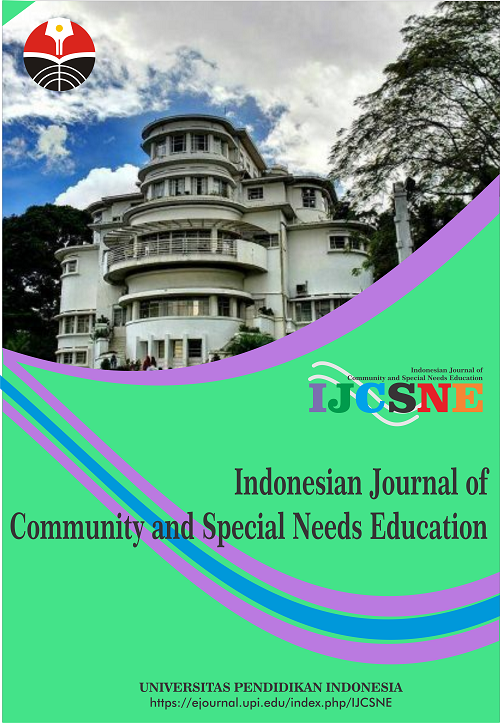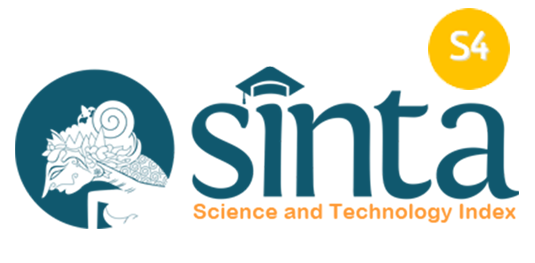Designing A Gaslighting Illustration Book as A Media For Parental Education
Abstract
Gaslight parenting involves significant psychological manipulation that affects children, even to the point where they may doubt their reality and emotions. However, public awareness regarding this form of psychological violence remains low. This study aimed to design an illustrated book and merchandise as an educational medium to explain the impact of gaslighting parenting on children, thereby providing a visual solution that is easily understood by both parents and children. The design method employed a qualitative approach using literature on child psychology and interviews with psychology and design experts. The study results in an illustrated book that uses a combination of symbolic narratives with metaphorical visuals to depict the dynamics of gaslighting, its emotional impact, and its preventive strategies. This outcome is expected to serve as a preventive and curative tool to reduce harmful parenting practices that affect children's mental health.
Keywords
Full Text:
PDFReferences
Ajani, B.A., Umanhonlen, S.E., Raji, N.A., Adegoke, S.A., and Adewuyi, H.O. (2024). Secondary school violence among adolescents: The contributing factors and way forward. Indonesian Journal of Community and Special Needs Education, 4(2), 83-94.
Avgerinou, M. D., and Pettersson, R. (2011). Toward a cohesive theory of visual literacy. Journal of Visual Literacy, 30(2), 1-19.
Beerbohm, E., and W. Davis, R. (2023). Gaslighting citizens. American Journal of Political Science, 67(4), 867-879.
Clark, J. M., and Paivio, A. (1991). Dual coding theory and education. Educational Psychology Review, 3, 149-210.
Coates, T. K. (2024). Academic abuse: A conceptual framework of the dimensions of toxic culture in higher education and the impact on the meaning of work. Higher Education Quarterly, 78(4), e12536.
Cohen, L. J. (1994). Bibliotherapy: A valid treatment modality: Research-based practice. Journal of Psychosocial Nursing and Mental Health Services, 32(9), 40-44.
Kurniawan, I., and Faisal, M. N. (2024). Developing the impact of illegal online loans comics for youth audiences. Proceedings of International Conference on Business, Economics, Social Sciences, and Humanities, 7, 750-758.
Nikolajeva, M. (2013). Picture books and emotional literacy. Reading Teacher, 67(4), 249.
Penttinen, E. (2023). “Collective gaslighting” and emotional workplace abuse in feminist academic spaces. International Feminist Journal of Politics, 25(5), 943-959.
Petric, D. (2021). The knot theory of mind. Open Journal of Medical Psychology, 11(1), 1-11.
Sopekan, O.S. (2024). Implementing peace education concepts in early childhood curriculum: A tool for addressing violence and promoting sustainable development in Nigeria. Indonesian Journal of Multidiciplinary Research, 4(2), 259-266.
Sweet, P. L. (2019). The sociology of gaslighting. American Sociological Review, 84(5), 851-875.
DOI: https://doi.org/10.17509/ijcsne.v6i1.84327
Refbacks
- There are currently no refbacks.
Copyright (c) 2025 Universitas Pendidikan Indonesia

This work is licensed under a Creative Commons Attribution-ShareAlike 4.0 International License.















